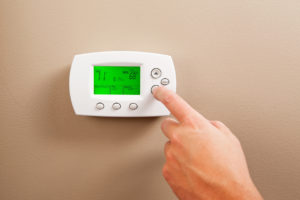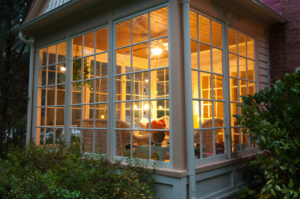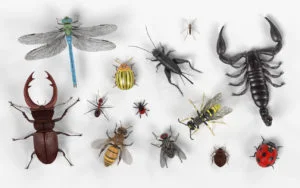The thermostat is a vital part of your home comfort system. It's tasked with keeping the indoor temperature at your desired level. Thermostat technology has advanced by leaps and bounds. Thermostats now range from manual to programmable to smart. Each type has its own set of advantages. Let's delve deeper into these thermostat options to help you establish the best choice for your needs.
Manual Thermostats
More often than not, these simple devices are found in older homes. They usually have a manual dial that you have to rotate to adjust the desired temperature. Digital manual thermostats have up and down arrows instead of dials.
Programmable Thermostats
These thermostats adjust your home's temperature automatically. For example, in the winter, you can program them to cool your home down a little while you're at work to avoid wasting energy on an empty house and start heating it up before you return. The predetermined schedule you can give these devices to operate by varies from one model to another. Some only allow you to create one schedule whereas others can allow two or more different schedules.
Smart Thermostats
These offer all the benefits of programmable thermostats. Additionally, you can control them with your smartphone, allow them to learn your routines and adapt to them, and even use them to monitor your energy usage.
What's The Best Option For You?
Manual thermostats can be inconvenient and imprecise. Also, they don't offer any energy savings. If you still own one, you should upgrade to a programmable or smart model. If cost is a significant consideration or you just want something to help you program your HVAC system while you're away, you can go for a programmable thermostat. But if you're tech savvy and want maximum control and convenience, a smart thermostat is your best bet.Upgrading your thermostat will help you maximize the efficiency of your heating and cooling system and lower your energy bills. If you need installation, repair, or replacement of any of the above thermostat options in the Broken Arrow area, contact the professionals at Air Assurance.
Our goal is to help educate our customers in the Tulsa and Broken Arrow, Oklahoma area about energy and home comfort issues (specific to HVAC systems). For more information about other HVAC topics, call us at 918-217-8273.









